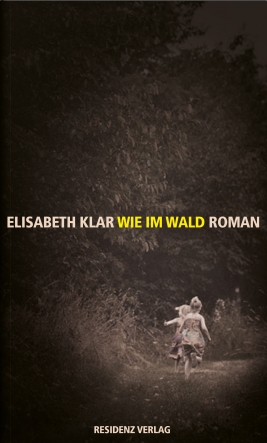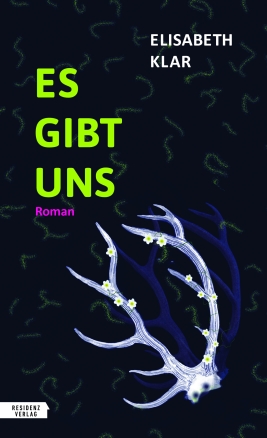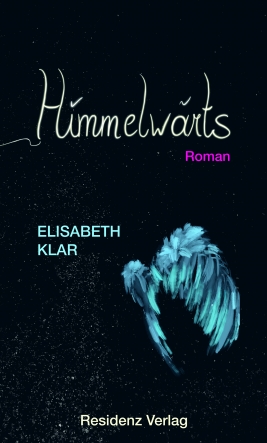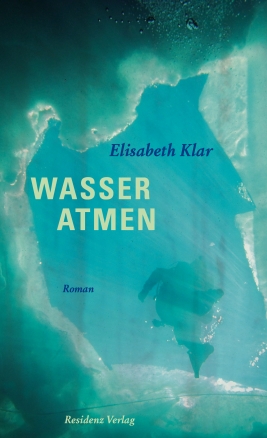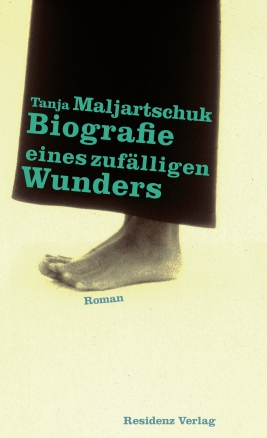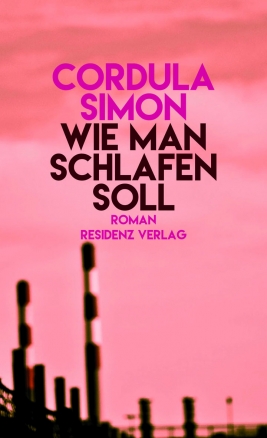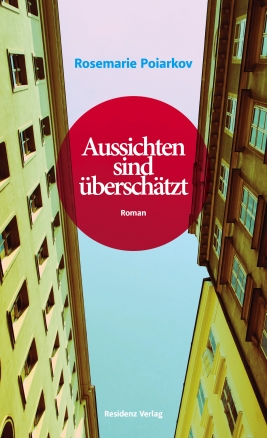Die Österreich-Entdeckung. „Wie im Wald“ von Elisabeth Klar, ein düsteres in sich geschlossenes Kammerspiel. Und: Ein Stück souveräne Literatur (…) Man muss vor der Autorin den Hut ziehen. Ich kann mich jedenfalls an kein so stimmiges, stilsicheres und spannendes Debüt erinnern. Ja, eine Könnerin.“
[Quelle: Gerhard Zeillinger, DIE PRESSE, Spectrum]
Klars erste längere Prosa zeugt von einem beachtlichen Talent, das sich sowohl in der komplexen Erzähltechnik als auch in der feinen psychologischen Zeichnung der Figuren manifestiert. Die erst 28 Jahre junge Autorin legt mit Wie im Wald ein erstaunlich reifes Stück Literatur vor, das noch Größeres erwarten lässt: ein grandioser Anfang also, eine Bereicherung der österreichischen Literaturlandschaft, die sich gerade durch ihre Freude am Abgründigen auszeichnet.
[Quelle: Walter Wagner, LITERATURHAUS]
„Wie im Wald“ ist ein außergewöhnliches Romandebüt, dem starke Sogwirkung nicht abgesprochen werden kann. Dass Elisabeth Klar dabei aber nicht in den Schauerroman abgleitet, sondern sprachlich subtil die Balance zwischen Tatsächlichem, Möglichem und Imaginiertem hält, kann nicht genug gelobt werden.
[Quelle: Tiroler Nachrichten, APA]
Ein stilles, berührendes Buch zum Thema Missbrauch. Sehr empfohlen.
[Quelle: Gabriele Fachinger, ekz]
Es ist ein Buch für die Couch. Für die eines Psychologen allerdings. Elisabeth Klar zeichnet in ihrem Debüt "Wie im Wald" ein unangenehmes Psychogramm einer Familie. Es gibt Tote, eine Küche voller Blut, eine Mörderin und viele Opfer.
[Quelle: Zita Bereuter, FM4]
Ein Prachtstück eines Psychodramas.
[Quelle: Katharina Wappel, WIENER ZEITUNG]
Eine äußerst spannende Geschichte! Mit ihrer ungewöhnlichen Erzähltechnik schickt die Autorin die Leserinnen und Lesern retrospektiv in die Geheimnisse eines außergewöhnlichen Beziehungsgeflechtes.
[Quelle: Elke, literatur-blog at]
Blanker Horror. In ungewöhnlichen Wortgeflechten erzählt.
(Quelle: chilli, Erika Weisser]
Mit einem Riesensprung auf die Romanszene positioniert sich Elisabeth Klar gleich in den vorderen Rängen.
[Quelle: Reinhold Tauber, Oberösterreichische Nachrichten]
Man möchte das Buch weglegen – so intensiv zeigt es die Abgründe und das menschliche Leid. Aber die Autorin versteht es, zu fesseln und zum Hinschauen zu zwingen. Mehr als jeder Tatsachenbericht zeigt dieser Roman die lebenslangen Nachwirkungen des Missbrauchs. Die Vielschichtigkeit dieses Buches ist in einer Besprechung nicht zu fassen, dieses Buch muss gelesen werden!
[Quelle: Brigitte Hort, kommbuch]
Elisabeth Klar führt in ihrem famosen Debüt „Wie im Wald“ tief in das Unterholz der Märchen, der Kindheit und der unschuldigen Grenzübertretungen.
[Quelle: Daniela Strigl, DER STANDARD]
Der vielleicht beste österreichische Erstling des Jahres.
[Quelle: Maria Leitner, BUCHKULTUR]
Der Überraschungserfolg dieses Buchwinters. Ein stimmiges Debüt mit Potenzial.
[Quelle: Andrea Braunsteiner, WOMAN]
Dass Elisabeth Klar die Tragödie einer ruinierten Familie über fast 200 Seiten hinweg stets eher andeutet als sie zu benennen, macht die ungeheuerliche Authentizität dieses diffizil arrangierten Porträts aus. Selbst das unentwegte Schweigen der Frauen gewinnt an poetischem Sentiment. Welche Kraft in einer beklemmenden Stille ruht, wird bei der Lektüre dieses Buches auf jeder Hautfaser spürbar. (…) Auf diesem schmalen Grat zwischen Sprachlosigkeit und dem Suchen nach Worten äußert sich die Brillanz einer sensiblen Erzählerin. (…) Wer sich auf die melancholische Seelenintrospektion wirklich einlässt, bemerkt in jedem noch so en passent skizzierten Bild den literarischen und rhetorischen Reichtum dieses Werkes.
[Quelle: Björn Hayer, DIE ZEIT Online]
Elisabeth Klar lässt uns auf magische Weise an den Abgründen der menschlichen Seele teilhaben. In ihrem Roman „Wie im Wald“ ist nichts so, wie es scheint – schön angerichtet, aber keine leicht verdauliche Kost!
[Quelle: Wolfgang Kühn, MAGZIN]
… ein spannungsgeladenes Psychogramm einer Familie mit dunkler Vergangenheit.
[Quelle: ORF Bestenliste]
Elisabeth Klar zeigt die komplizierte Innenperspektive ihrer Figuren und ist damit über keine ihrer Irrtümer, Fehlinterpretationen, Verbohrtheiten und Lebenslügen erhaben. Durch diese Unschärferelationen zwischen Erleben und Wirklichkeit erhalten die mit einer über weite Strecken eher kargen Sprache beschriebenen Vorgänge eine verwirrende Tiefenschärfe.
[Quelle: Evelyne Polt-Heinzl, DIE FURCHE]
Ausgezeichnet beschreibt Elisabeth Klar, wie schwierig ein Jugendtrauma wie dieser sexuelle Missbrauch des Ziehvaters verarbeitet werden kann.
[Quelle: Johann Günther, AUSTRIA FORUM]
